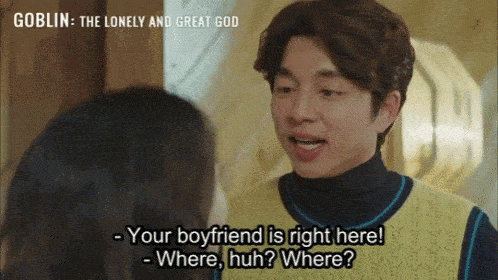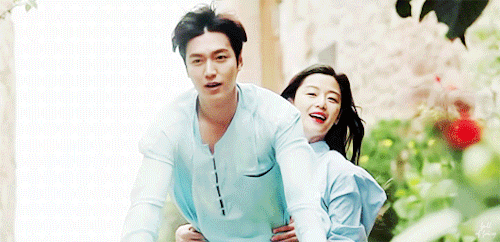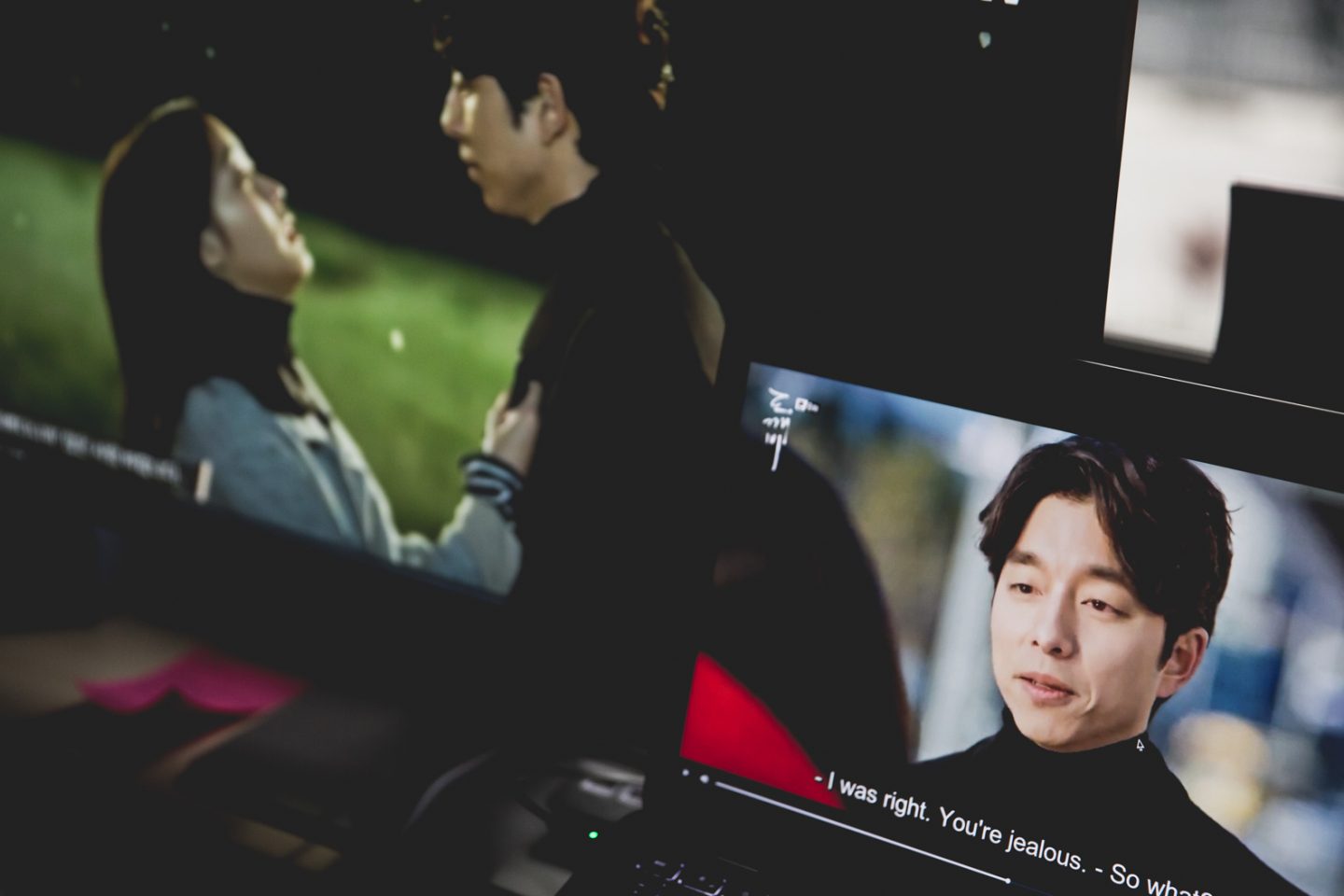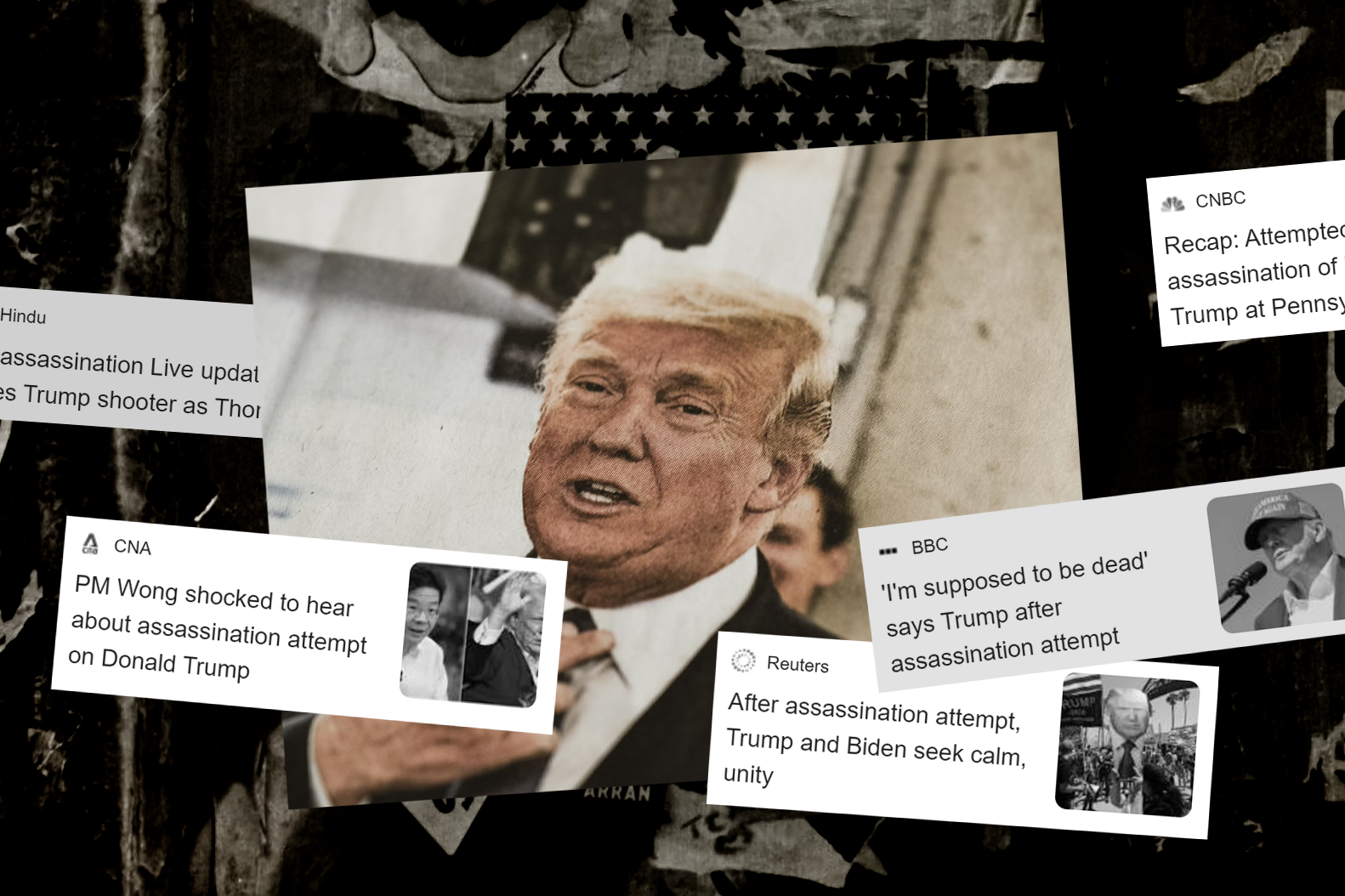“Valentine’s Day is coming. Again.” My friends were lamenting about their lack of plans for that most dreaded event of the year for singles. I answered almost immediately, “Well, we could stay home and watch some Korean dramas.”
Last year was a great year for K-dramas. We saw Descendants of the Sun taking over the world by storm. Suddenly everyone wanted to be in military uniforms, and it was the best time to be in NS.
An onslaught of hit dramas followed. There was W, a cross-dimensional love story between a female surgeon and a male webtoon character. Then there was The Legend of the Blue Sea, a love story between a mermaid and a charming con-man. Following this was Goblin, a love story between a 939-year-old goblin and a 19-year-old high school girl. You name it, they have it: Love stories of all kinds.
But something was amiss. I’d developed an unhealthy dependency on these dramas because of the lack of any “action” in my own life. With no knight in shining armour in sight, I’d turned to these K-dramas for company. And in return, they’ve been planting unrealistic expectations of love in me.
5 K-RAZY IN LOVE: HOW K-DRAMAS MESS WITH HOW WE VIEW LOVE
1. Damsel in distress? Don’t stress: A chaebol heir in shining armour will come soon
All K-dramas start this way. The main girl has the worst start to life, and a bleak future awaits. Then by some magical twist of fate, she crosses paths with the heir to a chaebol (a large family-owned business conglomerate), and their lives are changed forever. Dude also has to be as mean as possible. (See Point 2)
2. An abusive relationship is the way to go
The rich chaebol heir treats the poor girl aggressively, with zero respect. Sure, the girl can be feisty and fight back at times, but also finds herself falling for him at the same time. Abusive guys always win.
3. Nice guys finish last
The nice guys never win, even if they’re chaebol heirs too. They’re the ones who treats the girls right, with consideration and respect. They’re always there for the girl, but are eventually forgotten. No wonder so many of the nice guys turn bad in the course of dramas these days.
4. Always stand by your man (even when well-meaning friends and family try to dissuade you)
Wise counsel does not exist in K-dramas. Or rather, wise counsel is always presented as bad guys – the meanies trying to tear the protagonists apart. The more people advice the main girl against her abusive relationship with the mean chaebol heir, the more she should disregard them and believe that their love shall prevail.
5. Don’t date an actual human being
This has been a trending element in the hit dramas of the past year. One of the protagonists has to be a non-human (mermaid, goblin, grim reaper, ghost, webtoon character … what’s next?), and together with the human protagonist, they’ll overcome all odds in fighting for love. Even when faced with life-threatening situations, the human’s instinct is never to flee because they’re a match made in heaven.
These might sound ridiculous and illogical now, but they pose a dangerous threat to our own perceptions towards love.
‘LOVE’ LIKE THIS?
I’ll just say it straight: K-dramas can be a powerful form of emotional porn. They combine prolonged sexual tension with clichéd storylines that glorify maudlin romance.
With each episode we watch – and there are so many episodes – we begin to view love through a tainted lens.
The notion that you’re only truly successful when you’re rich, famous, desired by many and happily in love. The safely-played-out fantasies of male pursuit and reforming the bad boy.The fairy tale transformation of Cinderella from rags-to-riches. All this, when somehow similar narratives in real life rarely turn out the same way.

With each episode we watch – and there are so many episodes – we begin to view love through a tainted lens. We wait for that soulmate who will come and save us from the problems we’re facing.
We expect love to be an exciting, thrilling, out-of-this-world adventure. We think that being nice will get us nowhere. We ignore the well-meaning advice of our loved ones and choose to be blind for “love”. I’m not going to even touch the bit about loving non-humans.
There’s nothing wrong with the act of watching and enjoying K-dramas. The problem with K-dramas is when we overindulge in them, and draw misplaced gratification from them.
FATAL FANTASY
Seeking emotional gratification from K-dramas, and any other form of media, is so dangerous as it can start to eat us up unknowingly. There are things like pornography, adultery and lust which are more explicitly worrying. But the hidden gratification we derive from K-dramas can be as dangerous, and insidiously so.
I’ve found myself drifting off into a fantasy of my own after a big dose of K-drama. Maybe I’m Cinderella. Maybe my chaebol is coming for me soon. I found myself describing traits of K-drama males when asked about my ideal partner (“Basically you want a Lee Min Ho lah”, my friends tease me).

These days I ask myself: What am I trying to get out of watching this show? I consciously make sure that I’m not spending all my time pumping overly unrealistic romantic fantasies into my psyche, to the point that it begins to alter my perception of reality. I’ve learnt to start setting boundaries for myself.
This doesn’t mean I’m cutting myself off from K-dramas entirely. I’m learning to appreciate K-dramas for more than the romantic illusions/delusions they offer. The thoughtfully crafted soundtrack, the beautiful mise-en-scène. The artful script, and the underlying message behind the plot. (To be fair, Goblin had a really good soundtrack and a thought-provoking message about mortality.)
There are times when life should not imitate art, and art should remain art. A Korean drama is one such instance.









